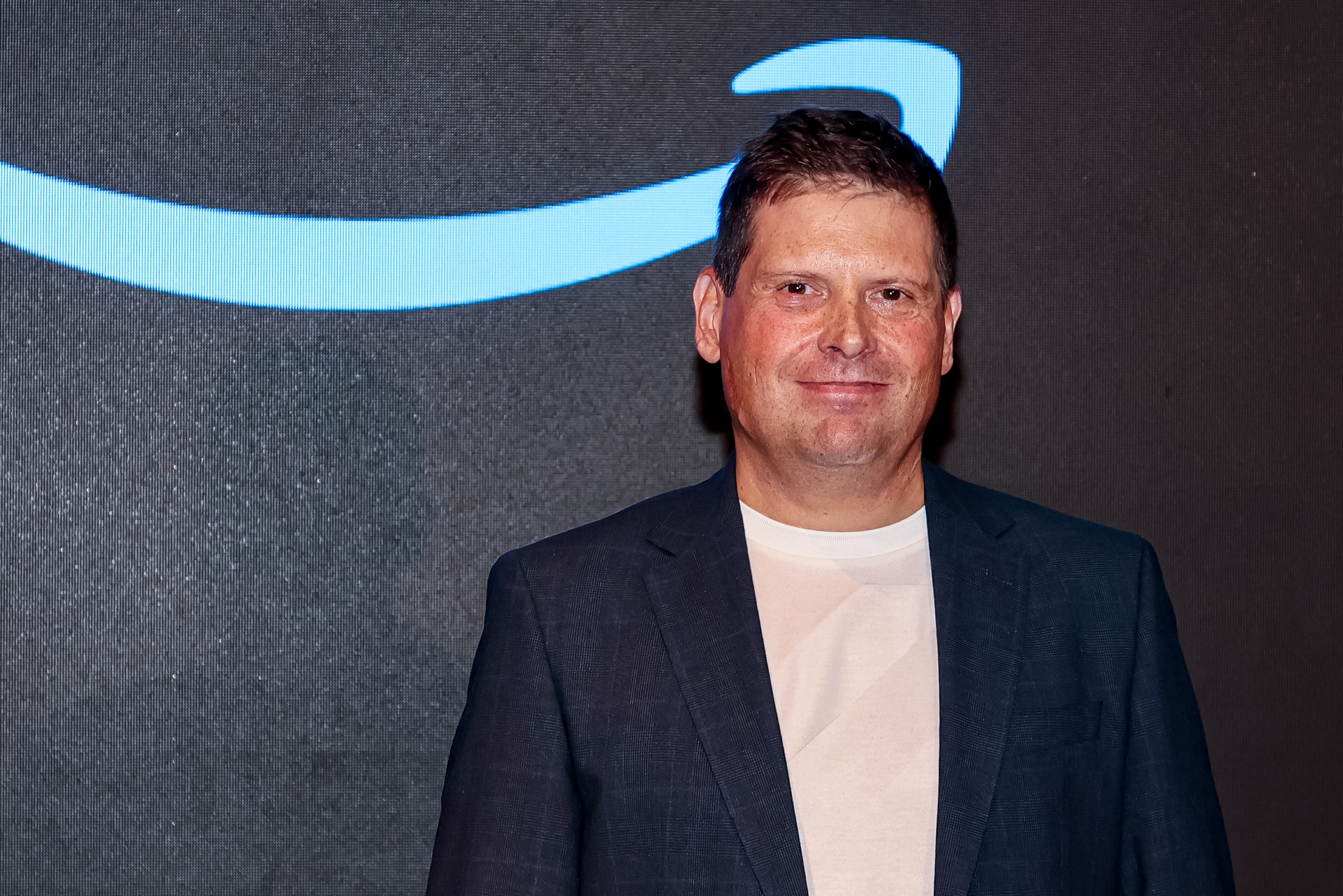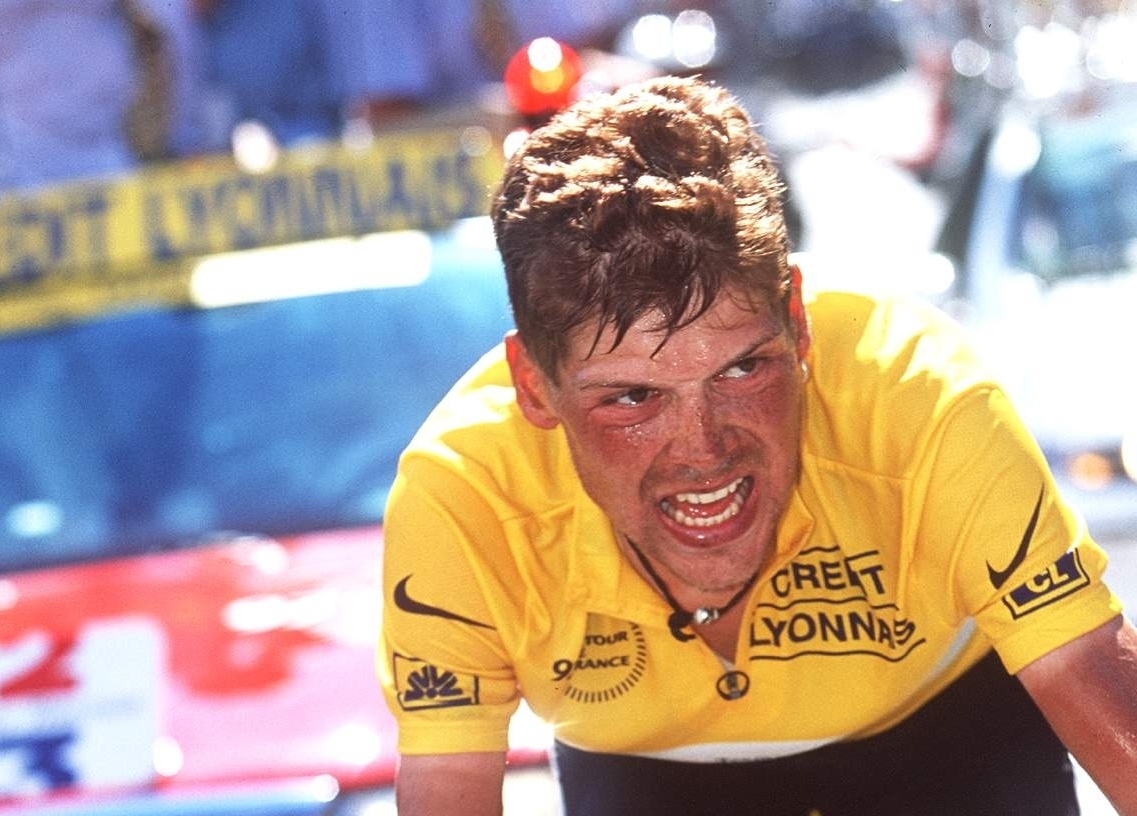'I took cocaine, drank whisky like water and was close to death' - Jan Ullrich opens up in documentary
'The Hunted' documentary series expected to reveal more about Ullrich’s career and personal suffering after doping ban

Jan Ullrich has admitted he was close to death after losing control of his life in 2018 but suggests the two-year process of creating an intimate documentary series about his life has helped him find peace with his past.
Ullirch’s victory in the 1997 Tour de France sparked a boom in German cycling, and he became Lance Armstrong’s biggest rival in the sport before allegations and then proof emerged that he was part of the infamous blood doping ring centred on Dr Eufemiano Fuentes.
During the official trailer, Ullrich revealed how much he suffered in 2018 when he lost control of his life, became estranged from his children and was haunted by his past.
“It was life or death. It really didn't go well. I took loads of cocaine, drank whisky like water and was very close to death,” Ullrich said in the official trailer for the documentary.
Lance Armstrong played a role in helping his former Tour de France rival get his life back on track, the two riding together in Mallorca and then the Texan visiting him in Germany.
Ullrich spent much of his troubled time in Mallorca but now lives in southern Germany with a new partner and often sees his children. He has created a bespoke cycling travel company called Re:Tour.
His life in 2018 was very different.
Get The Leadout Newsletter
The latest race content, interviews, features, reviews and expert buying guides, direct to your inbox!
“Five years ago, I had my huge crash, and it was a matter of life and death. I lost almost everything, almost my life. I fought [my] way out of it with the help of friends, experts and of course family,” Ullrich said in Munich last week at the presentation of ‘Der Gejagte’ - ‘The Hunted’ four-part documentary series that will be released on Amazon Prime in Germany from November 28, ahead of Ullrich’s 50th birthday on December 2.
"A lot of tears were shed, I had sleepless nights, I had panic attacks, but I was able to throw a weight off my shoulders,” Ullrich said of the two-year journey he took to reconcile with a past he described as ‘hell’.

Telling the truth
Ullrich and the documentary producers did not want to reveal the full details of his racing career and his inevitable doping confessions, but the now 49-year-old German suggested he has decided to tell ‘the truth’.
He appears to have moved away from the view that he didn’t cheat because many of his Tour de France rivals were doing the same thing at the time.
“It would be wrong to say that I haven't deceived anyone. I was referring to my opponents, but of course, there were also the fans. I hope that all the people who will see the documentary can put themselves in my place a little. Today, I feel lighter, and I am at peace with my past,” Ullrich said during the documentary.
The first episode of the documentary was shown during the presentation, with Ullrich sitting on stage in Munich.
According to German media reports, it included a moment where he admitted to having ‘had a bag’ - an indication of a blood bag transfusion, and Ullrich also described Dr. Fuentes as a "very likeable person.”
During the documentary, Ullrich returned to some of the places of his success during his racing career, and he also visited several races, though he was not officially welcomed back to the Tour de France by organisers ASO.
“The goal was to jump back into the past, to return to the places where I won important competitions but where I also made mistakes, which helped me grow,” Ullrich said.
Ullrich was eventually banned for doping in 2012 after the drawn-out Dr. Fuentes case in Spain. He was also stripped of his results from 2005 and 2006.
The German media highlighted that questions remain about whether Ullrich doped at other times in his career, including when he won the 1997 Tour de France at the height of the EPO-fueled nineties.
Ullrich did not go into details during the presentation but is expected to lift the lid far more on the dark side of his career and his life during the documentary.

Stephen is one of the most experienced member of the Cyclingnews team, having reported on professional cycling since 1994. He has been Head of News at Cyclingnews since 2022, before which he held the position of European editor since 2012 and previously worked for Reuters, Shift Active Media, and CyclingWeekly, among other publications.